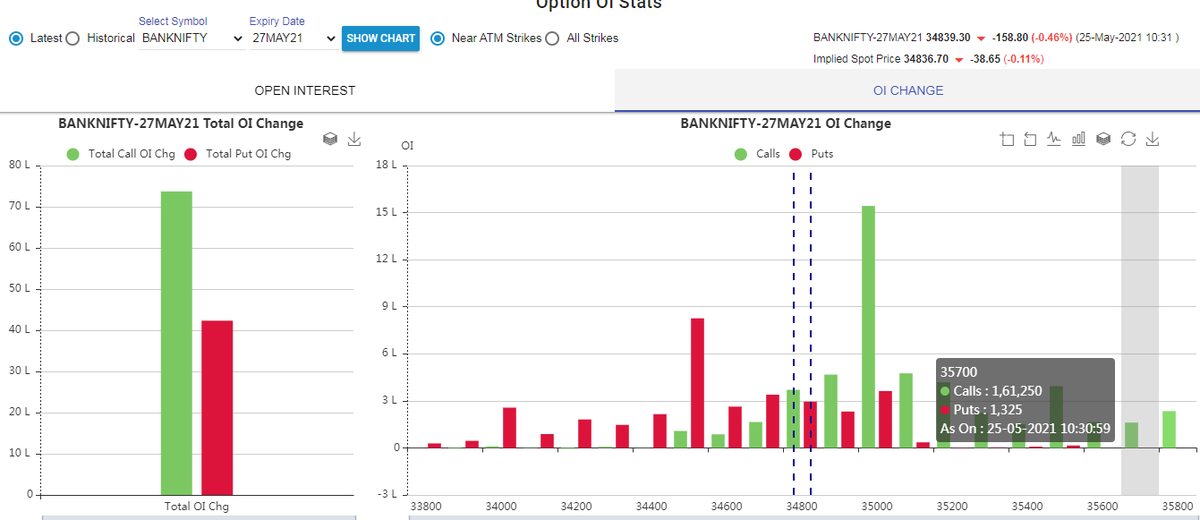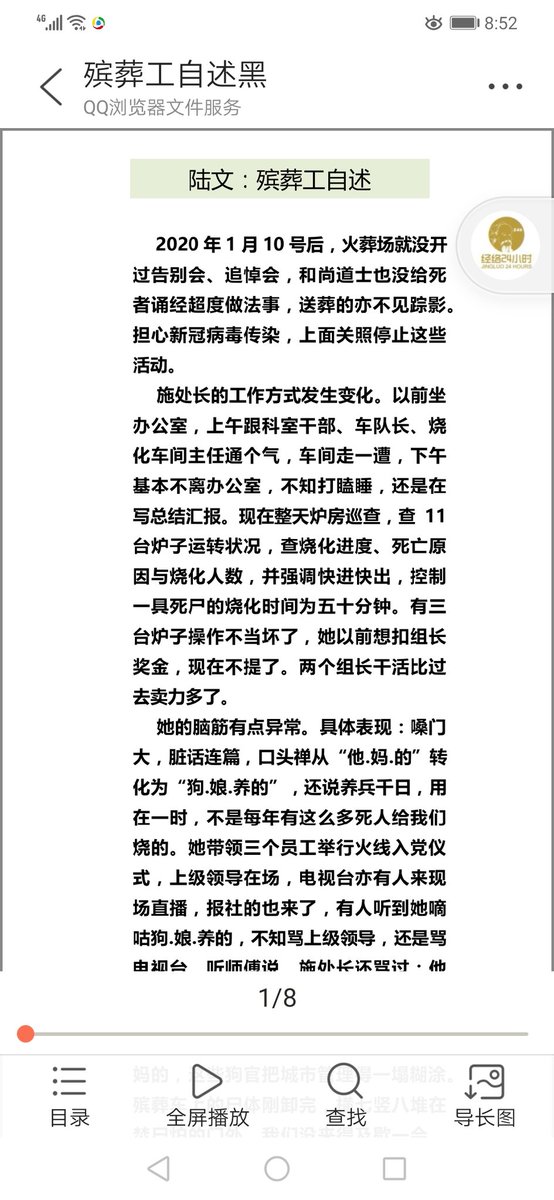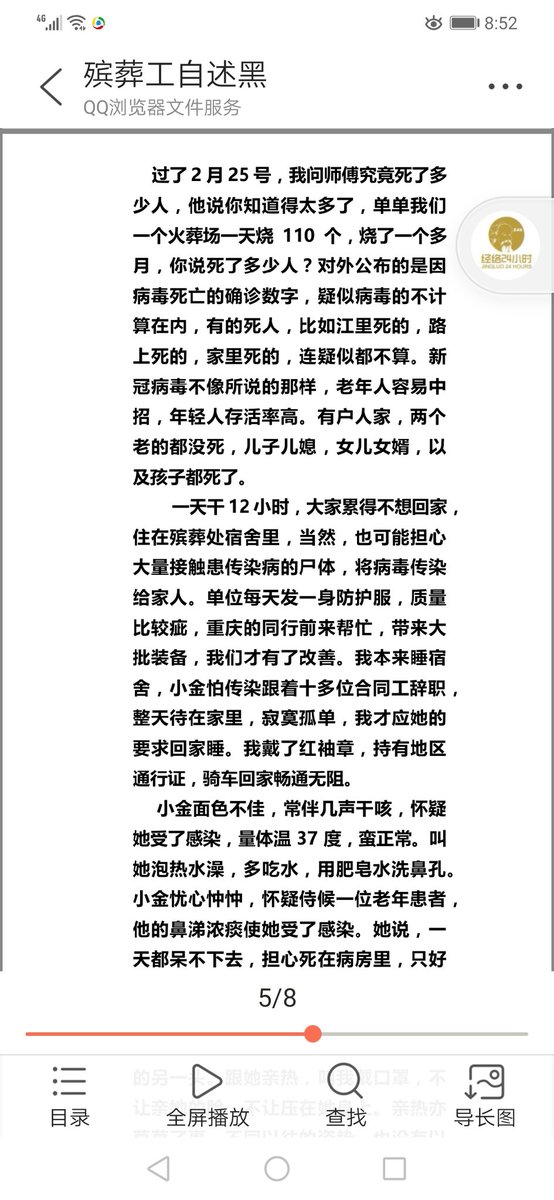1/ Throughout my startup career, I’ve seen many founders have an aversion to sales. This is a mistake that can kill your startup.
More from Justin Kan
I just gave a talk to the W2021 YC batch. It's my favorite startup audience to talk to. Here are some of the highlights:
Finding product market fit is the critical thing to do in a startup.
Everything else: demo day, what investors you get, how much you raise, what press covers you -- it is all window dressing.
Many founders don’t want to talk to their customers because it makes them vulnerable, because it's hard work, because it's scary. Creating a tight feedback loop with customers is the one thing that will help you discover PMF.
If a customer isn't one of your cofounders, try to create a customer panel that allows as tight of a loop as possible. Call them daily. Put them in your Slack.
My Twitch cofounder Emmett Shear has a great analogy on PMF here: it's like rolling a boulder downhill.
Finding product market fit is the critical thing to do in a startup.
Everything else: demo day, what investors you get, how much you raise, what press covers you -- it is all window dressing.
Many founders don’t want to talk to their customers because it makes them vulnerable, because it's hard work, because it's scary. Creating a tight feedback loop with customers is the one thing that will help you discover PMF.
If a customer isn't one of your cofounders, try to create a customer panel that allows as tight of a loop as possible. Call them daily. Put them in your Slack.
My Twitch cofounder Emmett Shear has a great analogy on PMF here: it's like rolling a boulder downhill.
1/ What is \u201cproduct/market fit\u201d? I\u2019m not sure I can give you a definition. But maybe I can share what the subjective difference is in how it feels when you have it and when you don\u2019t. Founding a startup is deciding to take on the burden of Sisyphus: pushing a boulder up a hill.
— Emmett Shear (@eshear) July 27, 2019
More from Startups
Below are the top 10 RT'd tweets from the latest 1000 tweets made by @Hustle_Smarterr.
THREAD:
https://t.co/8EmLYHHbLo
https://t.co/aMyO7K3IbM
https://t.co/xv7QK5mdvD
https://t.co/Ww2s97Kw5x
THREAD:
https://t.co/8EmLYHHbLo
9-5s aren\u2019t the problem
— Hustle Smarter \U0001f4b8 (@Hustle_Smarterr) September 26, 2020
Letting them be your only income stream is
https://t.co/aMyO7K3IbM
The biggest asset you\u2019ll ever have is yourself
— Hustle Smarter \U0001f4b8 (@Hustle_Smarterr) September 26, 2020
Invest in it wisely
https://t.co/xv7QK5mdvD
18-25?
— Hustle Smarter \U0001f4b8 (@Hustle_Smarterr) September 27, 2020
Now is the time to take risks and improve
Don\u2019t waste this time
https://t.co/Ww2s97Kw5x
What would you say to someone who feels \u201clost\u201d?
— Hustle Smarter \U0001f4b8 (@Hustle_Smarterr) October 7, 2020
You May Also Like
And here they are...
THE WINNERS OF THE 24 HOUR STARTUP CHALLENGE
Remember, this money is just fun. If you launched a product (or even attempted a launch) - you did something worth MUCH more than $1,000.
#24hrstartup
The winners 👇
#10
Lattes For Change - Skip a latte and save a life.
https://t.co/M75RAirZzs
@frantzfries built a platform where you can see how skipping your morning latte could do for the world.
A great product for a great cause.
Congrats Chris on winning $250!
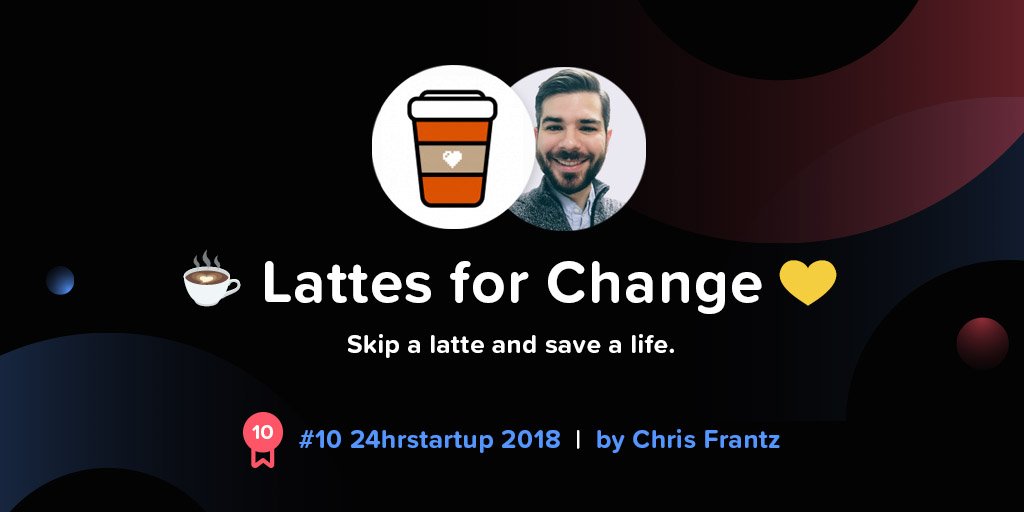
#9
Instaland - Create amazing landing pages for your followers.
https://t.co/5KkveJTAsy
A team project! @bpmct and @BaileyPumfleet built a tool for social media influencers to create simple "swipe up" landing pages for followers.
Really impressive for 24 hours. Congrats!
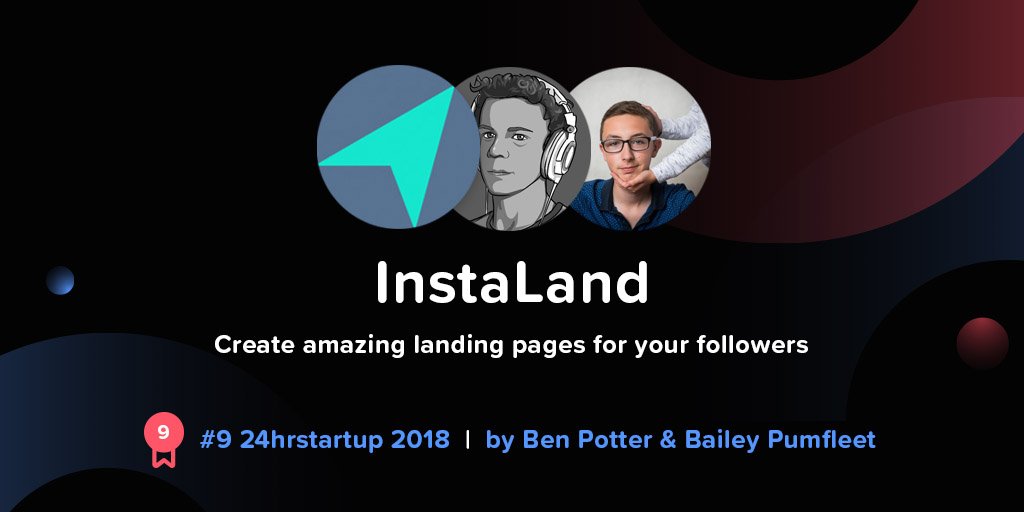
#8
SayHenlo - Chat without distractions
https://t.co/og0B7gmkW6
Built by @DaltonEdwards, it's a platform for combatting conversation overload. This product was also coded exclusively from an iPad 😲
Dalton is a beast. I'm so excited he placed in the top 10.
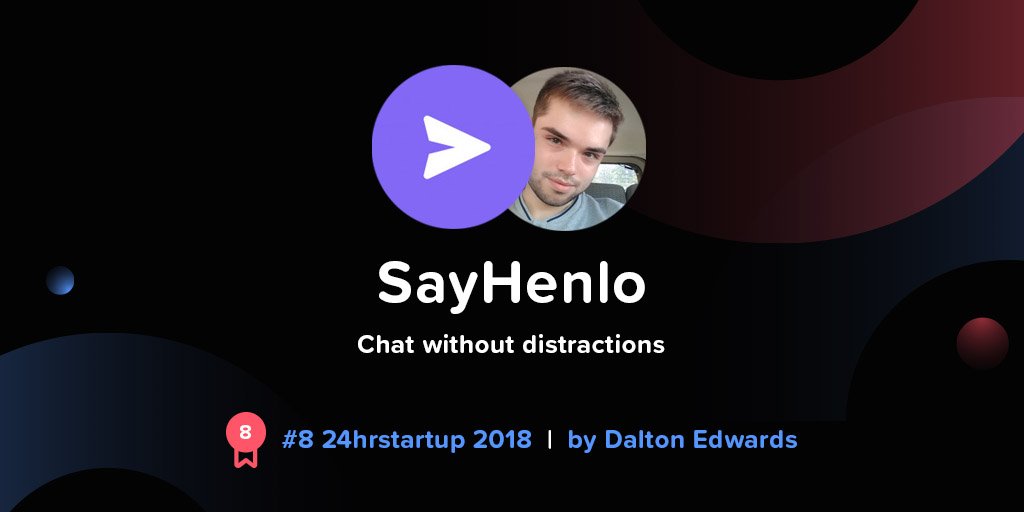
#7
CoderStory - Learn to code from developers across the globe!
https://t.co/86Ay6nF4AY
Built by @jesswallaceuk, the project is focused on highlighting the experience of developers and people learning to code.
I wish this existed when I learned to code! Congrats on $250!!
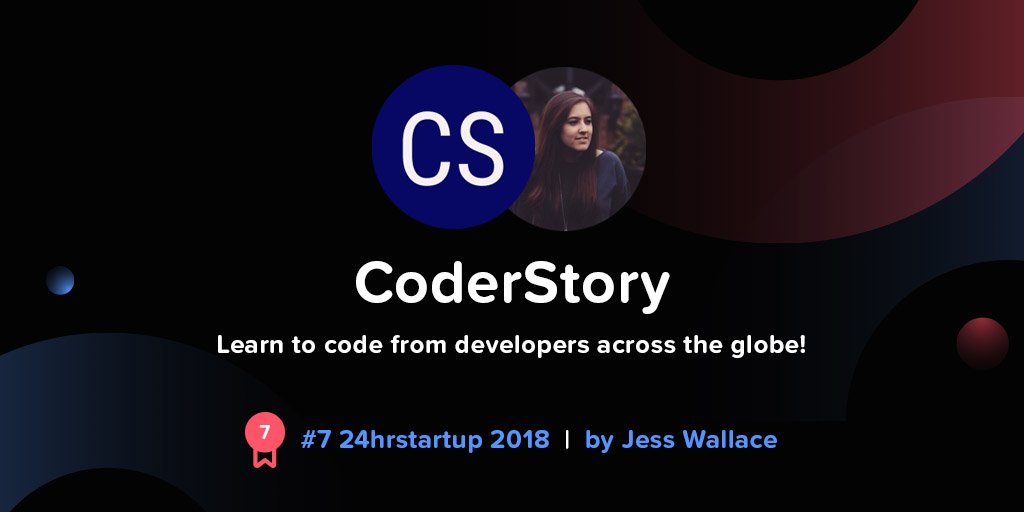
THE WINNERS OF THE 24 HOUR STARTUP CHALLENGE
Remember, this money is just fun. If you launched a product (or even attempted a launch) - you did something worth MUCH more than $1,000.
#24hrstartup
The winners 👇
#10
Lattes For Change - Skip a latte and save a life.
https://t.co/M75RAirZzs
@frantzfries built a platform where you can see how skipping your morning latte could do for the world.
A great product for a great cause.
Congrats Chris on winning $250!

#9
Instaland - Create amazing landing pages for your followers.
https://t.co/5KkveJTAsy
A team project! @bpmct and @BaileyPumfleet built a tool for social media influencers to create simple "swipe up" landing pages for followers.
Really impressive for 24 hours. Congrats!

#8
SayHenlo - Chat without distractions
https://t.co/og0B7gmkW6
Built by @DaltonEdwards, it's a platform for combatting conversation overload. This product was also coded exclusively from an iPad 😲
Dalton is a beast. I'm so excited he placed in the top 10.

#7
CoderStory - Learn to code from developers across the globe!
https://t.co/86Ay6nF4AY
Built by @jesswallaceuk, the project is focused on highlighting the experience of developers and people learning to code.
I wish this existed when I learned to code! Congrats on $250!!










